Stages and Treatments for Follicular Lymphoma


Follicular Lymphoma Staging
When you’re diagnosed with follicular lymphoma, you’ll have tests to stage your cancer. Staging tells you how much cancer has spread to lymph nodes or other organs, and how it may progress. Your doctor will suggest treatments based on your lymphoma’s stage.
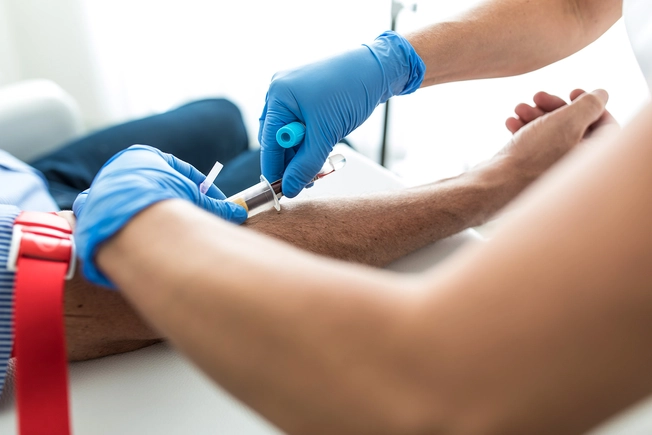
Staging Tests
Tests to stage follicular lymphoma include blood tests, CT scans, and PET scans. Your doctor may also do a biopsy on a sample of tissue taken from a lymph node or your bone marrow. You may need surgery to remove a whole lymph node so doctors can examine it to stage your cancer.
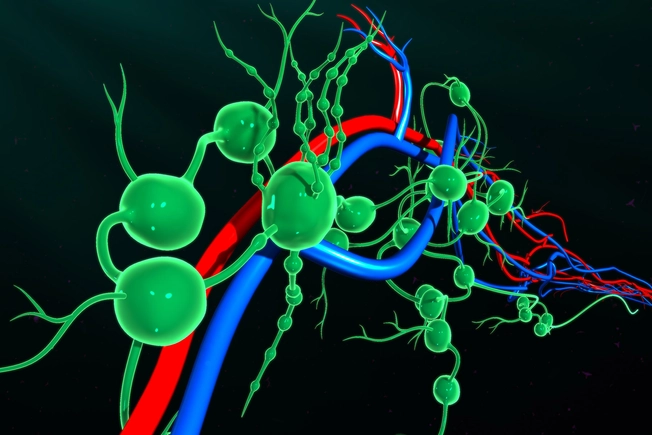
Stage I
Stage I follicular lymphoma is cancer in an early stage that hasn’t spread yet. The lymphoma is only located in one group of lymph nodes, such as in your groin or neck, or in one organ outside the lymph nodes.

Stage II
Stage II follicular lymphoma is when cancer is found in two or more lymph node regions or lymph node structures on the same side of the diaphragm.
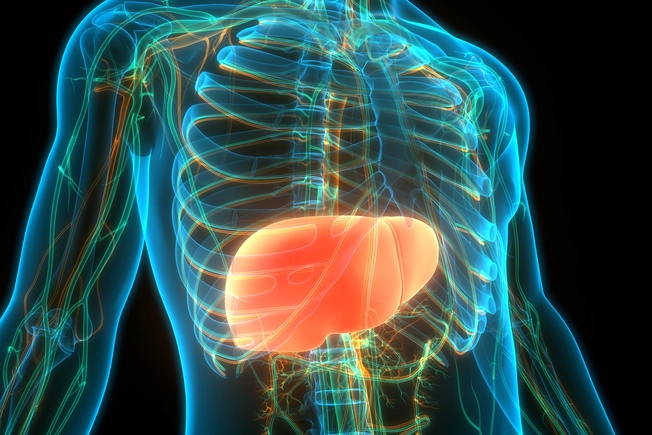
Stages III and IV
Stages III and IV are both advanced follicular lymphoma. In stage III, cancer has spread to lymph nodes on both sides of your diaphragm. In stage IV, your lymphoma has spread beyond your lymph nodes to organs like your liver, bone marrow, or lungs.
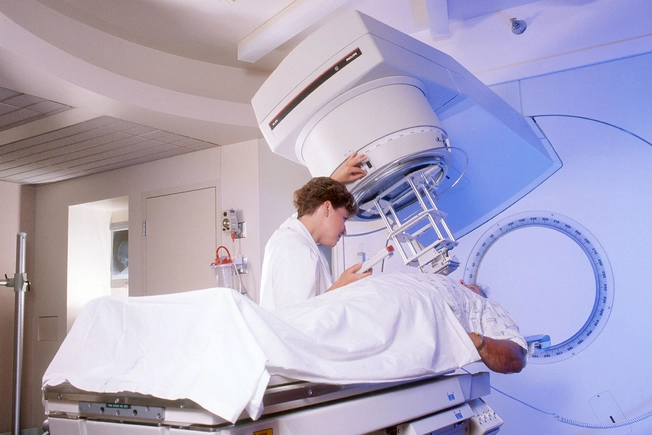
Treatments: Early Stages
Radiation therapy is the main treatment for stage I or stage II if tumors are small. It may even cure your lymphoma. If you don’t have any symptoms, you can try watchful waiting instead. You and your doctor closely watch your cancer to see if it spreads, but you hold off on any treatments.

Treatments: Early Stages
If you have stage II follicular lymphoma with bulky or larger tumors, you may treat it with a monoclonal antibody, usually obinutuzumab (Gazyva) or rituximab (Rituxan), often along with chemotherapy. Depending on which lymph nodes are affected, you may then have a course of radiation therapy.
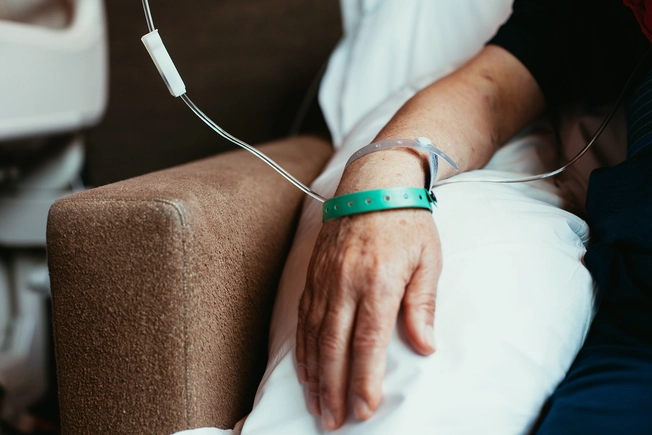
Treatment: Advanced Stages
In stages III and IV, you’ll have chemotherapy to shrink or slow your cancer. A drug combination called CHOP (cyclophosphamide, doxorubicin, vincristine, and prednisone) or bendamustine can treat more aggressive cancer. Often, rituximab will be added as well. Another option is the CVP drug combination (cyclophosphamide, vincristine, and prednisone) plus rituximab.

Other Medications
For later-stage follicular lymphoma, you may also try rituximab with drugs like chlorambucil (Leukeran) or lenalidomide (Revlimid). Some people choose chemotherapy combined with obinutuzumab. For slowly growing or low-mass tumors, you may treat it with rituximab alone.

Maintenance Therapy
After chemo shrinks your lymphoma, you’ll have maintenance therapy to keep it from coming back. Usually, you’ll take rituximab or obinutuzumab once every 2 months for up to 2 years. You can also combine one of those drugs with radiation. A stem cell transplant using your own cells is another option.
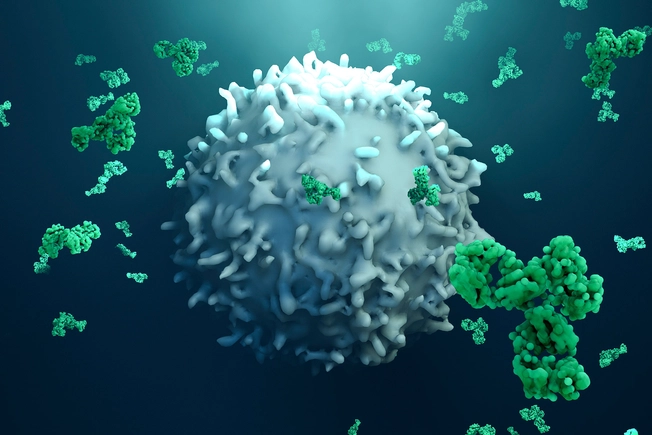
Relapsed or Refractory Cancer
Your cancer may relapse (come back) or be refractory (not respond to chemo). In this case, obinutuzumab and rituximab are treatment options. Targeted drugs like copanlisib, umbralisib, and lenalidomide are options too. Your doctor may also try radioimmunotherapy (radiation combined with cancer antibodies) or a stem cell transplant along with chemo. Another choice may be mosunetuzumab-axgb (Lunsumio), which is a bispecific antibody.
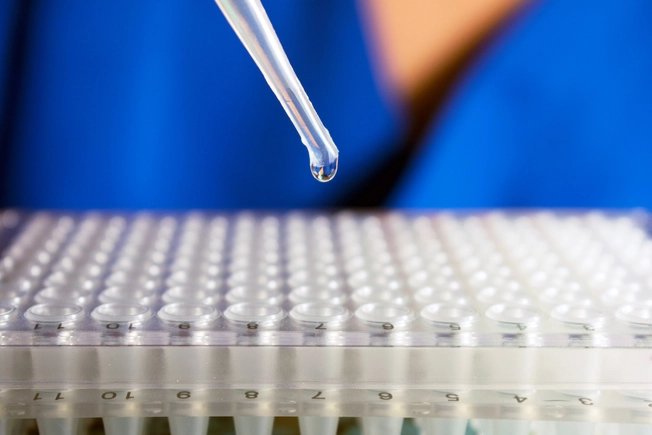
CAR T-cell Therapy
This is one of the new treatments for relapsed or refractory follicular lymphoma. Your doctor may try it if you’ve already had two chemotherapies that haven’t worked. It genetically modifies immune cells called T cells from your blood to add a chimeric antigen receptor (CAR). This makes them better able to find and destroy cancer cells. The changed cells are then put back into your blood, where they can fight cancer for years.

Treatment Response
How will you and your doctor know if your follicular lymphoma treatment is working? You can have PET or CT scans halfway through and at the end of your first course of chemo to measure. If your cancer hasn’t responded well enough, you can start treatment for relapsed lymphoma at any time.
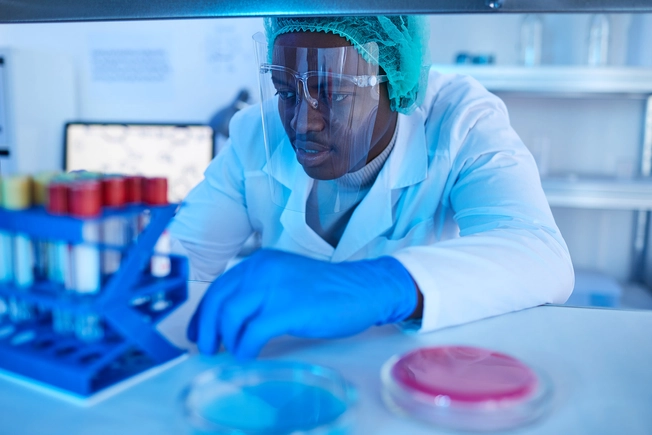
Clinical Trials: What They Are
Researchers are studying targeted treatments in clinical trials to see if they offer new, chemo-free options for follicular lymphoma. Clinical trials are research studies done on people to see if a new or existing drug is safe, effective, or causes any side effects. Cancer clinical trials also study new tests, surgeries, and devices.
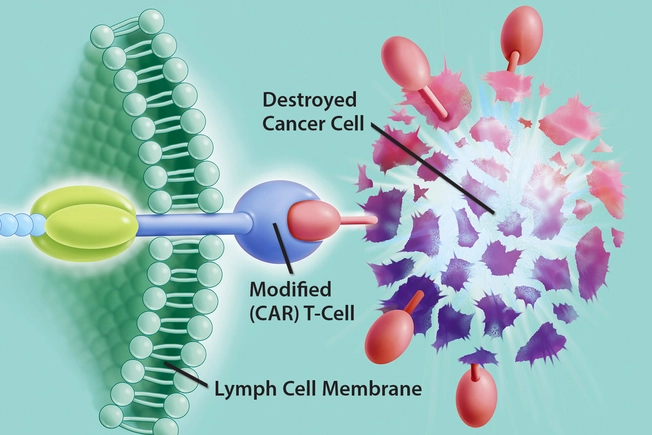
New Treatments in Trials
Many treatments in clinical trials for follicular lymphoma use your own immune system to fight cancer. Some are approved already for other types of lymphoma or other cancers. These include checkpoint inhibitors, cell-signal blockers, CAR T-cell therapies, and newer antibody therapies.
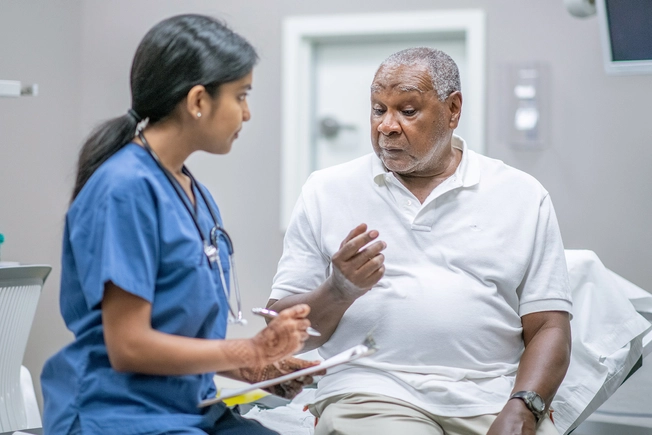
Should You Join a Trial?
Should you join a clinical trial? Ask your doctor if one is available and right for your cancer. In a trial, you’ll receive new follicular lymphoma treatments that may work better than your previous therapy or give you better quality of life. Often this is at no cost to you. Clinical trials follow strict rules to make sure you’re safe.